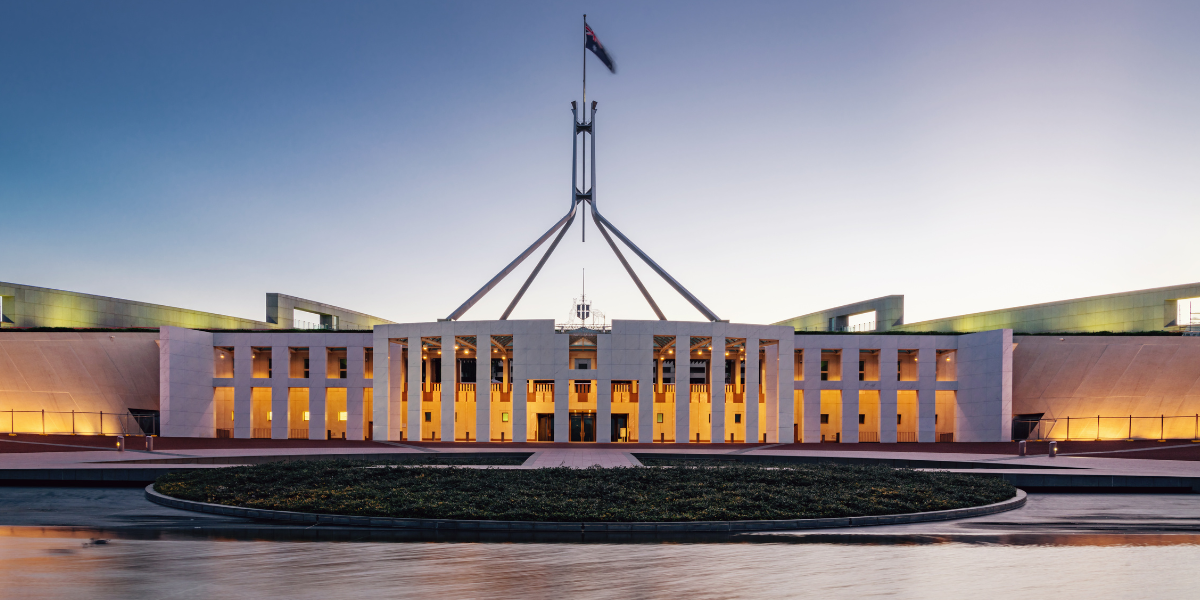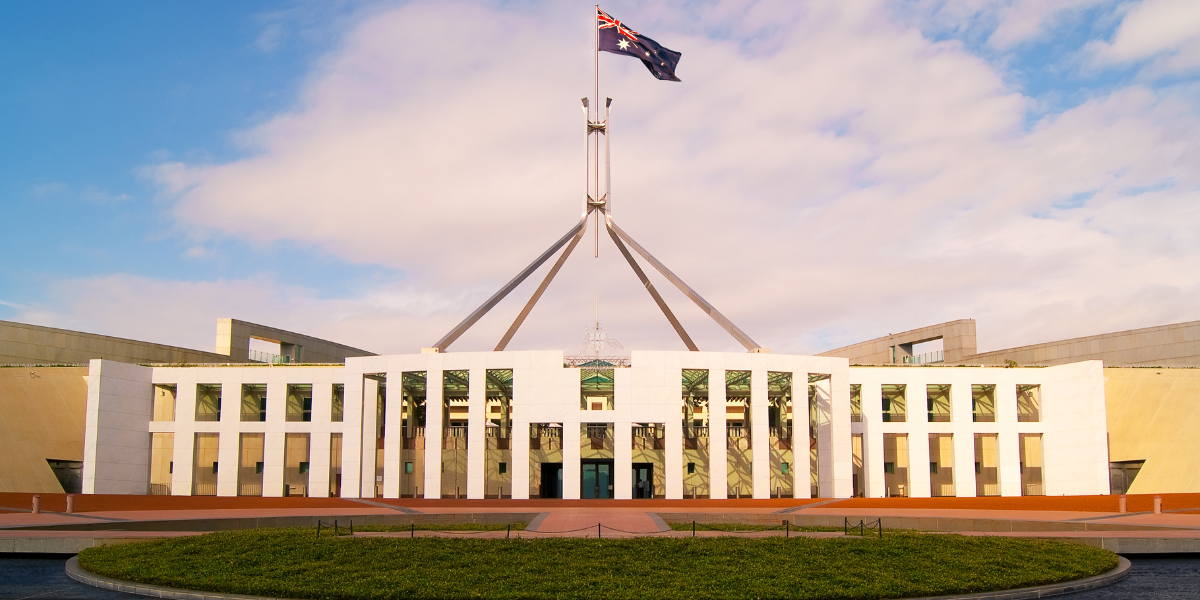The Australian Treasury has launched a public consultation to review secrecy exceptions for tax regulators in light of the PwC tax leak scandal.
The consultation is set to conclude on 28 February 2025.
The PwC tax leaks exposed limitations in the current regulatory framework for tax practitioners and the broader system in which they operate.
On 6 August 2023, the Government announced a significant package of reforms to crack down on misconduct and rebuild confidence in the systems and structures that keep Australia’s tax system and capital markets strong.
The first stage of the government response included enhancements to the regulatory framework through the Treasury Laws Amendment (2023 Measures No.1) Act 2023 (Cth).
The second stage of the government response included measures that strengthen the integrity of the tax system and increase the powers of relevant regulators. These measures were recently implemented via the Treasury Laws Amendment (Tax Accountability and Fairness) Act 2024 (Cth) (TAF Act), which received Royal Assent on 31 May 2024.
The next phase of the government response is a suite of consultations that focus on proposals to further strengthen the regulatory framework and the broader system in which tax intermediaries operate.
Additionally, the Government has:
- provided AUD 30.4 million in funding to the TPB over the four years from 1 July 2023 in the 2022-23 October Budget to enable the roll out of an expanded compliance programme, targeting higher risk tax practitioners who may be unregistered, designing schemes, driving tax avoidance, or promoting tax evasion or other criminality; and
- provided AUD 187.0 million in funding to the ATO over the four years from 1 July 2024 in the 2024-25 Budget to strengthen its ability to detect, prevent and mitigate fraud against the tax and superannuation systems.
Review of Tax Regulator Secrecy Exceptions
Australia’s tax secrecy framework imposes strict obligations on the sharing of tax information. This maintains the privacy, integrity and confidence of entities interacting with the tax system and to support high levels of voluntary compliance with the tax system. It prohibits the disclosure of tax information, except in certain specified circumstances and only where Parliament has determined that the public benefit derived from the disclosure outweighs the impact on the entity’s privacy and the potential impact on voluntary tax law compliance.
The PwC matter highlighted that the tax secrecy framework may, in some circumstances, prevent the ATO and TPB from disclosing suspected serious misconduct to relevant agencies to take appropriate action. The TAF Act amended the tax secrecy framework to enable the regulators to disclose suspected breaches of obligations of confidence against the Commonwealth or a Commonwealth entity to Treasury, who can then properly and promptly respond to the breach, including by disclosing information to other agencies and certain ministers where required.
The TAF Act also amended ATO and TPB secrecy provisions to enable the regulators to disclose suspected misconduct of professionals to their professional associations or professional disciplinary bodies, enabling the relevant entity to take appropriate disciplinary action under their respective professional codes of conduct.
In addition to these immediate reforms, the Government tasked the Treasury to undertake a review of ATO and TPB legislative secrecy provisions to consider whether there are further circumstances where the ATO or TPB should be able to disclose information they have obtained.
This paper considers circumstances where it may be appropriate for the ATO or TPB to disclose protected tax information, including:
- to support the investigation of serious offences;
- to support professional integrity;
- to prevent, identify and respond to fraud; and
- for specified government purposes in the broad public interest.
The review has not considered the appropriateness of the broader “tax secrecy” framework, nor the operation of existing exceptions.















